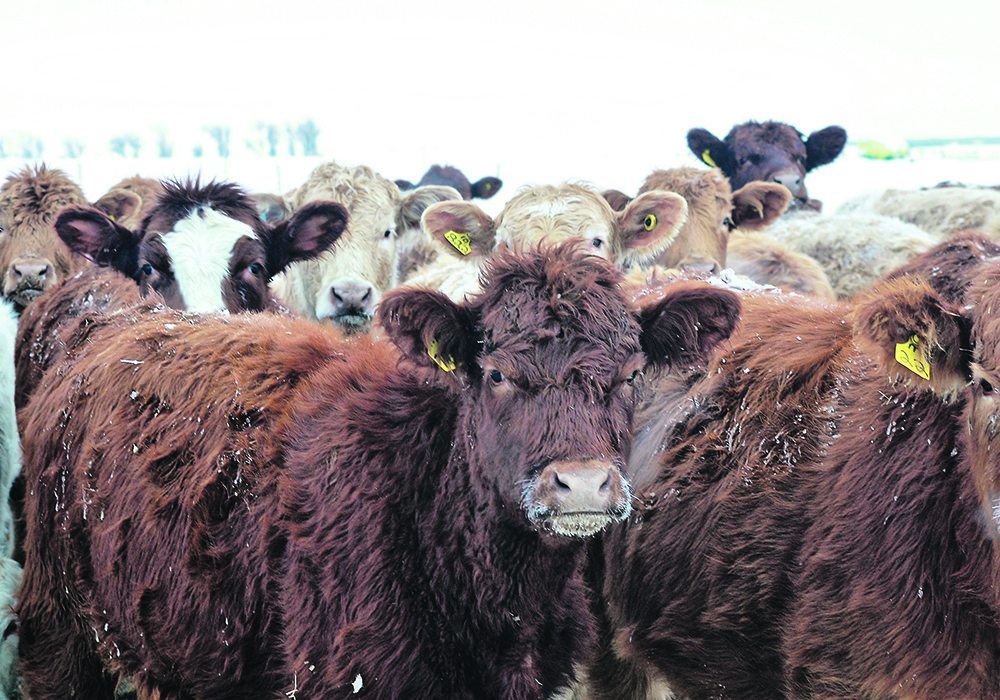Alberta Beef Producers may reduce its contribution to the Canadian Cattlemen’s Association by up to $1 million per year, a move that could cut the national organization’s funding by as much as one third.
ABP says a working group will explore the issue before conclusion of a five-year funding agreement with CCA that ends on July 1, 2023, said general manager Brad Dubeau.
“And so we need as an Alberta industry — whether it’s Alberta Cattle Feeders (Association), the Western Stock Growers (Association), Alberta Grazing Leaseholders Association and ourselves — we need to have a discussion about what a funded Alberta beef industry looks like because that conversation belongs to all of us.”
Read Also

New coal mine proposal met with old concerns
A smaller version of the previously rejected Grassy Mountain coal mine project in Crowsnest Pass is back on the table, and the Livingstone Landowners Group continues to voice concerns about the environmental risks.
Check-off refund requests from some Alberta beef producers and feedlot operators have substantially reduced the funding ABP relies on to conduct its operations.
As a result, those at a recent ABP board meeting decided “we would like to be assessed on retained marketings, and retained marketings at the current rate would be approximately a million-dollar shortfall to what CCA is assessing us right now,” said Dubeau.
“But that also would ebb and flow depending on the number of marketings within the year, and it also depends on the number of refunds that we have.”
Beef producers in Alberta collectively own much of Canada’s national herd of cattle. Any change could have a substantial impact on CCA, which receives about $3 million per year derived from marketings or sales of cattle by producers across the country.
CCA is taking the approach that it will resolve the issue and retain current funding from Alberta because it can’t afford the alternative, said Bob Lowe, president of the CCA.
“I think to fix this problem, I think we have to quit talking about industry organizations and start talking about industry funding and keep your organizations out — keep the conversation (about) defending the industry,” he said.
“How do we do that? And I think that puts a whole different light on the conversation, rather than being ‘pit organization against organization’.”
Dubeau said ABP appreciates the CCA’s work on behalf of the province’s producers. Exports of Canadian beef are among the most sought after in the world, which has much to do with the national organization, he said.
Lowe, a former chair of ABP, said nearly 80 percent of beef production in Alberta is exported.
“That didn’t magically happen. That takes a lot of work.”
Estimates show that international trade demand has added about $775 to the value of each beef animal processed in Canada, Lowe added.
Dubeau said exploring changes to ABP and CCA funding will be “a monumental task, but we’re going to give it our best shot … and there’s a desire to sit down and start to talk about it because in the end we need to have a strong Alberta beef industry in order to make sure that we are all representing producers in Alberta, but also across the country, to the best of our ability.”
A checkoff of $4.50 per head is set aside by beef producers from the sale of cattle. From that comes a non-refundable mandatory national levy of $2.50 to support the Beef Cattle Research Council and other initiatives.
However, producers can apply twice per year for refunds of all or part of the remaining portion of the $4.50, which consists of an ABP service charge of $2 per head. Although the refund form contains the option for producers to retain 53 cents of their $2 to cover ABP’s expenditures to CCA under the five-year agreement, there hasn’t been much uptake.
Producers voted to keep a refundable checkoff in a 2018 plebiscite, though only about 1,800 producers cast a ballot. ABP board chair Melanie Wowk said in a 2021 interview that there were 965 refunds totaling about $3 million, so roughly 46 percent of total service charges were lost to ABP.
“This has resulted in some budgetary constraints for us over the last few years, which has really come to a significant issue this year,” she said during an online meeting Feb. 10.
ABP is now tallying the latest level of checkoffs and refunds, said Dubeau.
“Initial indications are showing some positive movement, maybe a little bit of a dip (in refund requests), which is wonderful. But we’re still yet to get those final numbers.”


















